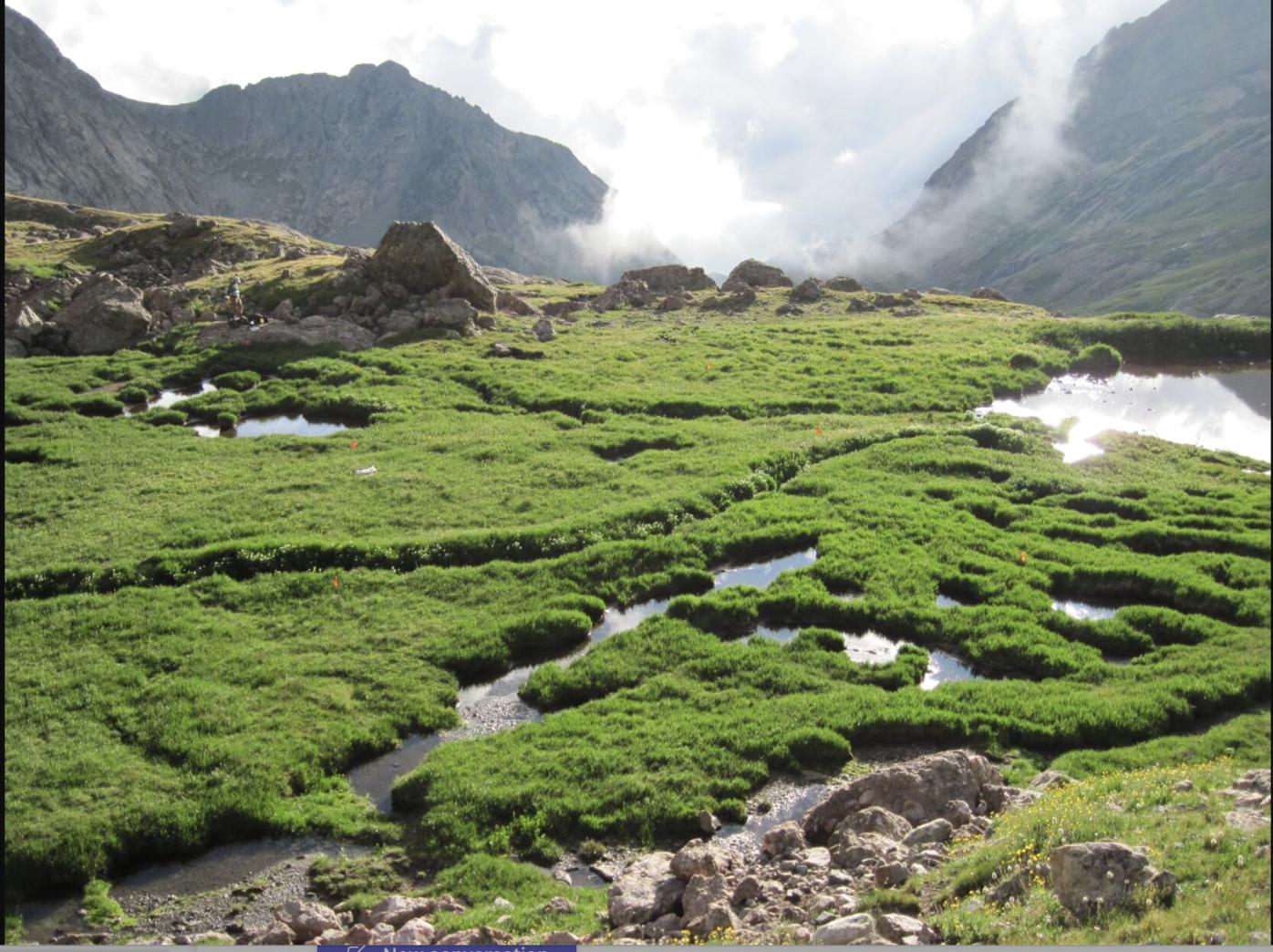Democratic leaders introduce bill to put 1 million acres of Colorado wetlands under state protection
Nearly a million acres of wetlands in Colorado could gain state protection after losing federal oversight when the U.S. Supreme Court decided last year that wetlands that lacked direct connection to bodies of water didn’t require Environmental Protection Agency preservations.
The Court decision in Sackett v. Environmental Protection Agency redefined the terms by which a body of water can get protection under the Environmental Protection Agency’s “Waters of the United States” rule, part of the Clean Water Act.
Last summer, lawmakers heard from municipal and state officials that Colorado needs to develop its own protections for those wetlands.
Alex Funk, director of water resources and senior counsel for the Theodore Roosevelt Conservation Partnership, said in August that almost 90% of fish and wildlife in Colorado rely on the state’s wetlands at some point during their lifecycle. That includes species such as the Gunnison sage grouse, greenback cutthroat trout, and migratory birds.
These ecosystems are also crucial to the state’s economy, Funk said. They provide other benefits, such as filtering pollutants from drinking water or regulating sedimentation that may otherwise clog up infrastructure and reservoirs.
House Bill 1379, introduced by Democrats, tasks the Colorado Department of Public Health and Environment with coming up with rules by July 1, 2025 on a state dredge and fill discharge authorization program. It also requires the CDPHE’s administrative division to enforce authorizations to discharge dredged or fill material into state waters.
The measure is sponsored by House Speaker Julie McCluskie of Dillon, Rep. Karen McCormick of Longmont and Sen. Dylan Roberts of Summit County.
“This Colorado approach to protecting our streams, rivers and wetlands will provide certainty to communities, sustain our water quality, and ensure future generations can enjoy the great Colorado outdoors we all love,” McCluskie said in a statement Tuesday.
“I’m proud Colorado is stepping up to secure our water future after the Supreme Court removed important protections and left our waterways in jeopardy.”
Roberts said protecting the state’s water resources is a crucial priority for his district. It is “far too important to be left in limbo, which is why we’re taking action now,” he said.
“This critical bill will help us protect our precious water resources while appropriately balancing the agricultural and community needs in our state,” he said.
The bill would apply to about 60% of Colorado’s wetlands and is intended to cover those that are not already federally protected.
The permitting framework in HB 1379 “is based on well-established approaches already used by the Army Corps of Engineers and will provide clarity on when a permit is needed. Normal farming and ranching activities, such as plowing, farm road construction, and erosion control practices would not require a permit,” supporters said in a statement.
Until Sackett, the Army Corps’ permitting program protected Colorado waters from pollution caused by dredge and fill activities.
“Dredge and fill activities involve digging up or placing dirt and other fill material into wetlands or surface waters as part of construction projects,” the statement explained.
While the dredge and fill in Sackett applied to someone building a single home, most of the construction projects that need dredge and fill permits apply to roads, bridges, housing developments, flood mitigation and utility pipelines.
“The Supreme Court’s Sackett decision threatens my community’s water supply and resilience to climate change, especially those already living with disproportionate impacts of polluted water,” said Adams County Commissioner Steve O’Dorisio.
“This legislation creates regulatory certainty allowing for responsible development to occur in a manner that also protects the wetlands and streams which are critical to providing safe, affordable, drinking water for all,” O’Dorisio said.





